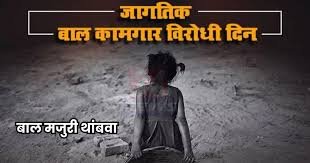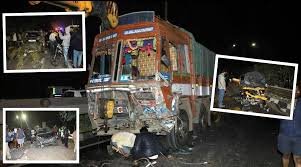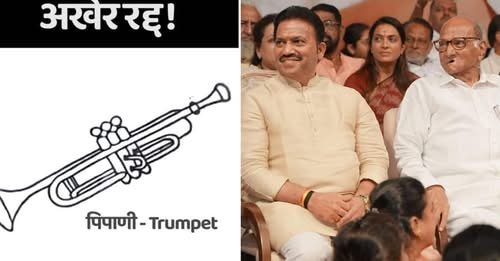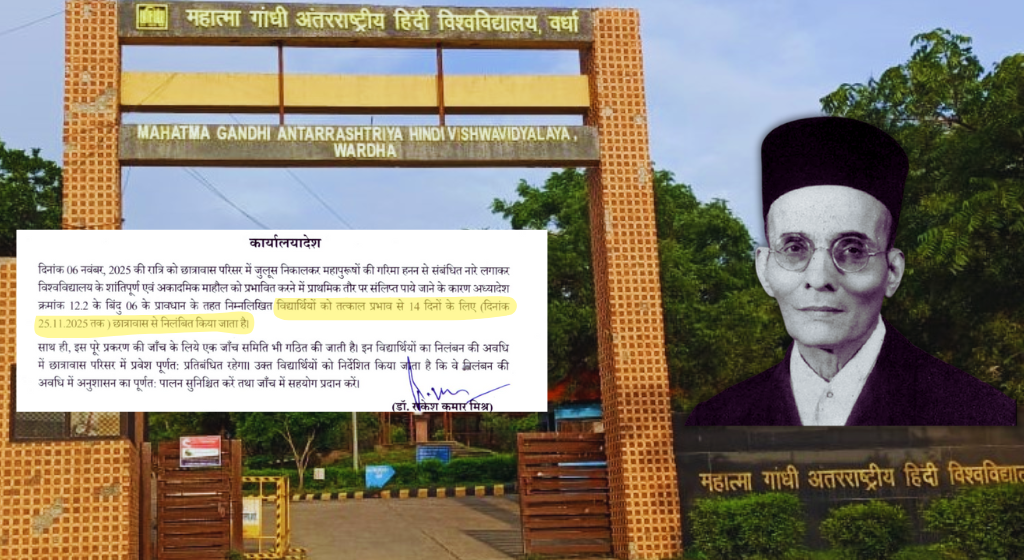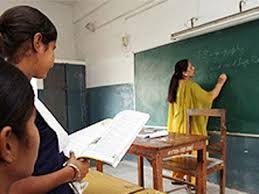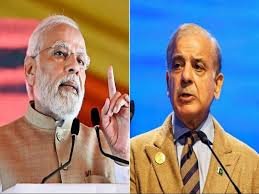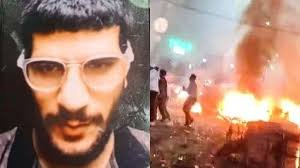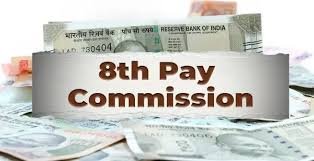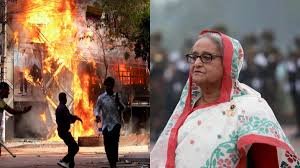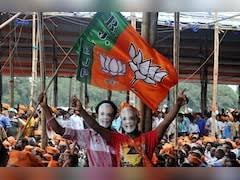Delhi's Red Fort blast: Doctor linked to Turkish camp; Turkey denies allegations, new twist in investigation
New Delhi, November 13, 2025: The entire country was shaken by the horrific blast that took place right in front of the historic Red Fort in Delhi on Tuesday. Although two citizens were injured in the blast, everyone's attention has been focused on the security agencies as soon as the information about the conspiracy behind it came to light. Central security agencies have taken up the investigation into the matter quickly, and a thorough investigation has been started to find out whether the suspects, Dr. Umar and Dr. Muzammil, had visited Turkey before the blast and whether they were involved in the terrorist camp there. The Turkish government, however, has categorically rejected all these allegations and said, "Nothing like this is happening with us". The case is creating a stir internationally and it is being expressed that it may also affect India-Turkey relations.
The blast incident took place at 2 pm on Tuesday, when a suspicious object shook near the main gate of the Red Fort. Initial investigation has revealed that it was a small IED (Improvised Explosive Device). A joint team of Delhi Police and the National Investigation Agency (NIA) has collected several important pieces of evidence from the scene. This includes the remains of the explosives, a mobile phone SIM card and some documents. Senior officials said that this evidence is revealing the international connections of the suspects. According to information received by security agencies, both Dr. Umar and Dr. Muzammil had gone to Turkey a few weeks before the blast. The doctors, who were working at a private hospital in Delhi, are suspected of having links with the Pakistan-based terror outfit Jaish-e-Mohammed (JeM). According to intelligence received by the agencies, the duo were active on messaging apps like Telegram and Signal before going to Turkey. Here they seem to be receiving instructions from JeM members. The travel to Turkey was traced to a 'network', in which Turkey is known as the 'back door to Syria'. Turkey's geographical location has already led to several reports of camps being set up there to carry out terrorist activities.
"We have not found any evidence that these individuals participated in a terrorist camp in Turkey. However, their travel is being investigated and the Turkish government has been contacted in this regard," a senior NIA official agreed to speak. Initial reports suggest that the two traveled under the guise of a medical conference, but in reality it is suspected to be for terrorist training. The two were arrested after the blast and during interrogation, they confessed to their visits to Turkey. However, they are yet to talk about their participation in the camp.
The role of the Turkish government has been crucial in this case. An official statement issued by the Turkish Directorate of Communications said, "We do not provide any military, political or financial support to extremist activities against India or any other country. These allegations are false and misleading. This is a malicious campaign designed to damage bilateral relations." Turkey has called the allegations 'unethical and baseless' and has clarified that it has no links to any terrorist organisation. This statement by Turkey was issued on Tuesday (November 12), when news of the doctor's visits to Turkey emerged in the Indian media.
This stance by Turkey is not new. In the past few years, Turkey has been accused of harboring terrorism many times. There are records of terrorist organisations being active, especially in the areas near the Syrian border. India has also accused Turkey of supporting Pakistan in the past, which has strained relations between the two countries. However, the Turkish government has consistently rejected these allegations and calls itself 'anti-terrorist'. Although Turkey has shown its readiness to cooperate with Indian authorities in this matter, the lack of evidence has complicated the investigation.
The Delhi blast is not an isolated case. In the past year, several small and big blasts have taken place in India, in which organisations like JeM and Lashkar-e-Taiba have been implicated. This blast has led to increased security in the Red Fort area and reduced the number of tourists. The central government has set up a special team under National Security Advisor Ajit Doval to probe the case. "This blast is not just an incident, but could be part of a larger conspiracy. We are working with all international partners," a Home Ministry official said.
The case is also having political ramifications. Opposition parties have accused the government of security failures and have demanded a discussion on the issue in Parliament. On the other hand, Turkey has expressed its readiness for bilateral talks with India and expressed its desire to make joint efforts against terrorism. However, only an evidence-based investigation will determine the direction of the case.
As the investigation progresses, there is an atmosphere of fear among the citizens of Delhi. The Red Fort is a place of Mughal heritage, and the Prime Minister hoists the flag here on Independence Day. The blast has highlighted the weakness of security. Security agencies have now shifted their investigation towards Syria and Pakistan, following the Turkish visits, and



.jpg)






